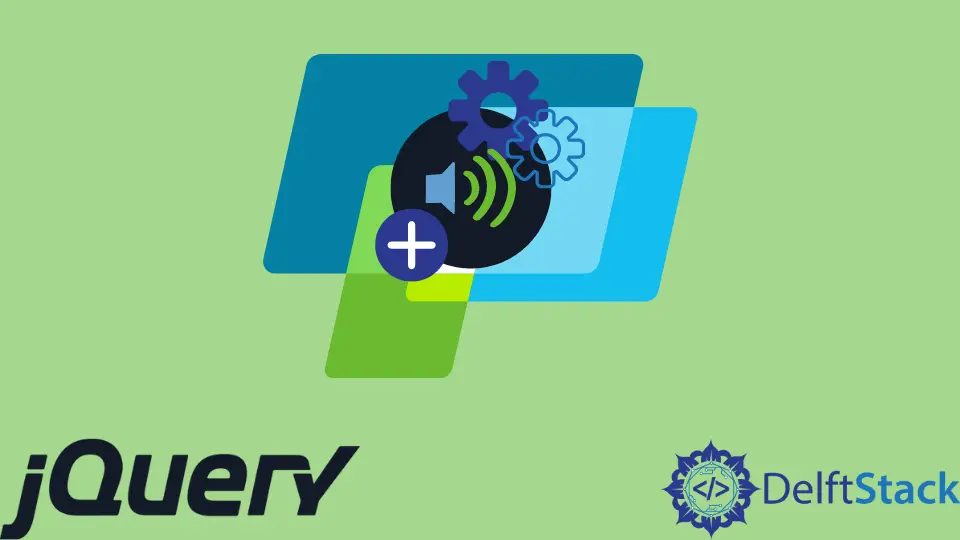jQuery addEventListener
- What is addEventListener in jQuery?
- Basic Syntax and Usage
- Handling Multiple Events
- Event Delegation with jQuery
- Conclusion
- FAQ

In today’s post, we’ll learn about the addEventListener function in jQuery. This powerful method allows developers to attach event handlers to elements in a web page, making it easier to manage user interactions. Whether you’re building a simple website or a complex web application, understanding how to use addEventListener can significantly enhance your coding efficiency and user experience.
In this article, we will explore the ins and outs of addEventListener in jQuery, providing clear examples and explanations to help you grasp this essential concept. So, let’s dive in and unlock the potential of event handling with jQuery!
What is addEventListener in jQuery?
The addEventListener method is a fundamental part of JavaScript and jQuery that allows you to listen for specific events on HTML elements. When an event occurs, such as a click or a key press, the function you define as the event handler will be executed. jQuery simplifies this process, allowing you to attach multiple event handlers to a single element without overwriting existing handlers. This is particularly useful for creating interactive web applications.
Basic Syntax and Usage
To use addEventListener in jQuery, you typically follow this syntax:
$(selector).on(event, childSelector, data, function)
Here’s a breakdown of the parameters:
- selector: The element you want to attach the event to.
- event: The event you’re listening for (e.g., click, mouseover).
- childSelector: Optional. A selector string to filter the descendants of the selected elements.
- data: Optional. Data to be passed to the event handler.
- function: The function that will be executed when the event occurs.
Example of Using addEventListener in jQuery
Let’s consider a simple example where we want to alert a message when a button is clicked.
$(document).ready(function() {
$("#myButton").on("click", function() {
alert("Button was clicked!");
});
});
In this example, we wait for the document to be fully loaded, then attach a click event to the button with the ID myButton. When the button is clicked, an alert pops up with the message “Button was clicked!”
Output:
Button was clicked!
This is a straightforward implementation, but it demonstrates the basic functionality of addEventListener in jQuery. You can easily expand upon this by adding more complex logic or additional event types.
Handling Multiple Events
One of the great features of jQuery’s addEventListener is the ability to handle multiple events on the same element. For instance, you might want to change the background color of a button when a user hovers over it and revert it back when the mouse leaves.
Example of Handling Multiple Events
$(document).ready(function() {
$("#myButton").on("mouseenter mouseleave", function(event) {
if (event.type === "mouseenter") {
$(this).css("background-color", "lightblue");
} else {
$(this).css("background-color", "");
}
});
});
In this example, we use a single function to handle both the mouseenter and mouseleave events. Depending on the event type, we change the background color of the button. This approach keeps the code clean and efficient.
Output:
Mouse enters: Background color changes to light blue.
Mouse leaves: Background color reverts to original.
By using multiple events, you enhance the interactivity of your elements, creating a more engaging user experience.
Event Delegation with jQuery
Event delegation is another powerful feature of jQuery’s addEventListener. It allows you to attach a single event handler to a parent element instead of multiple handlers to individual child elements. This is particularly useful for dynamically created elements.
Example of Event Delegation
$(document).ready(function() {
$("#parentDiv").on("click", ".child", function() {
alert("Child element clicked: " + $(this).text());
});
});
In this example, we attach a click event to the parent div with the ID parentDiv. The event handler will trigger whenever any child element with the class child is clicked, even if those elements are added after the event handler is set up.
Output:
Child element clicked: [text of the clicked child element]
This technique is efficient and helps manage events in applications where elements may be added or removed dynamically.
Conclusion
In conclusion, understanding how to use the addEventListener function in jQuery can greatly improve your web development projects. By mastering this method, you can create more interactive and user-friendly applications. Remember to leverage its capabilities for handling multiple events and event delegation to keep your code clean and efficient. As you continue to explore jQuery, these skills will serve you well in enhancing user engagement and functionality in your web applications.
FAQ
-
what is the difference between jQuery’s on and addEventListener?
jQuery’s on method is a wrapper around the native addEventListener method, providing additional features like event delegation and simplified syntax. -
can I attach multiple event types using jQuery?
Yes, you can attach multiple event types in jQuery by separating them with a space in the event parameter. -
how does event delegation work in jQuery?
Event delegation allows you to attach a single event handler to a parent element, which can capture events from its child elements, even if they are added dynamically. -
is it possible to remove an event listener in jQuery?
Yes, you can remove an event listener using the jQuery off method, specifying the event type and handler function. -
what are some common events I can listen for in jQuery?
Common events include click, mouseenter, mouseleave, keypress, and submit, among others.
Shraddha is a JavaScript nerd that utilises it for everything from experimenting to assisting individuals and businesses with day-to-day operations and business growth. She is a writer, chef, and computer programmer. As a senior MEAN/MERN stack developer and project manager with more than 4 years of experience in this sector, she now handles multiple projects. She has been producing technical writing for at least a year and a half. She enjoys coming up with fresh, innovative ideas.
LinkedIn